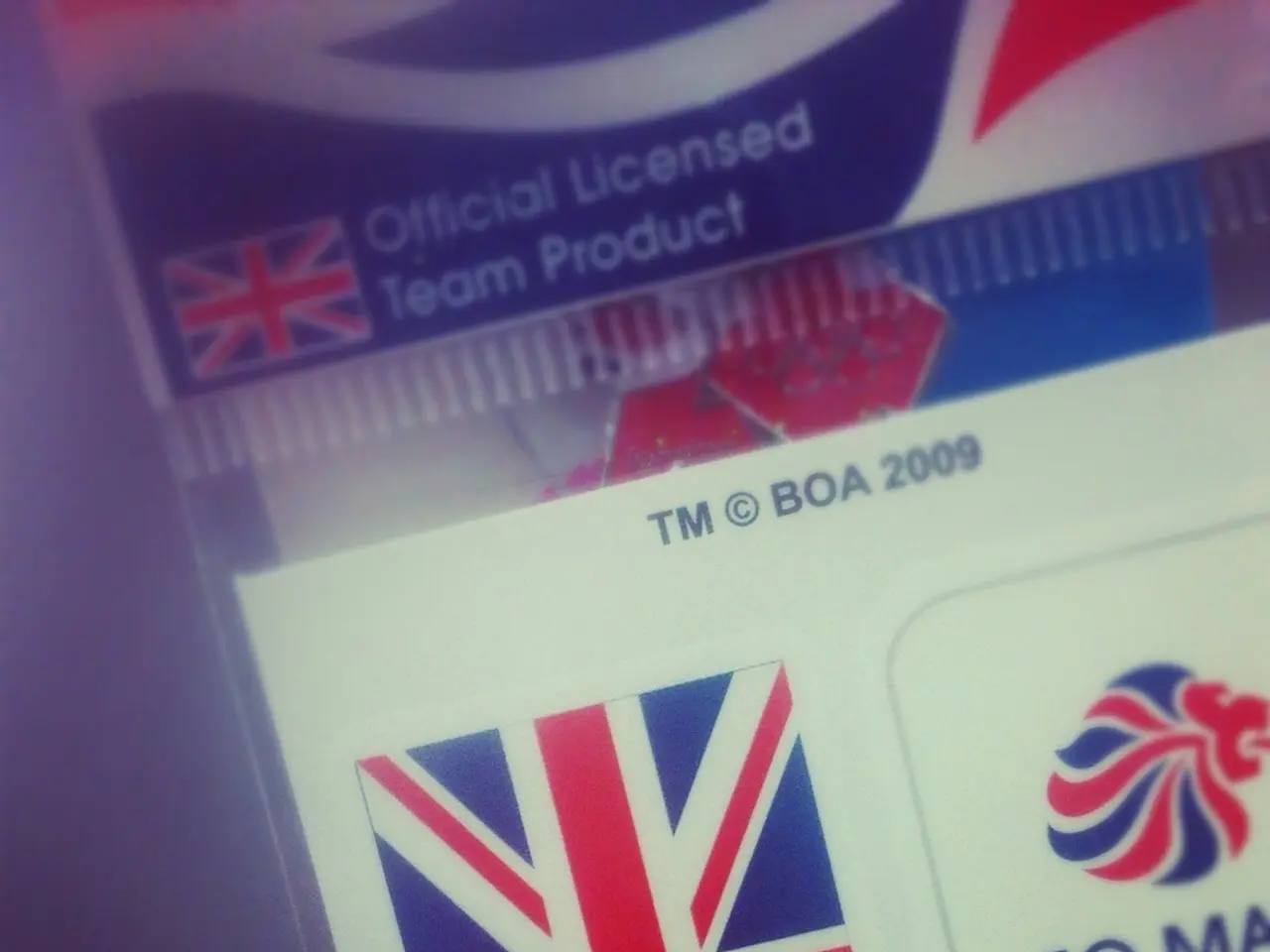Arizona governor rejects legislation to establish Bitcoin reserve from confiscated funds
In a recent development, Arizona's proposal to establish a Bitcoin and Digital Asset Reserve Fund, funded by cryptocurrencies seized through criminal forfeiture, has been vetoed by Governor Katie Hobbs. The bill, known as House Bill 2324 (HB2324), aimed to use forfeited digital assets from criminal investigations to fund this reserve, with a portion of proceeds allocated to the Arizona Attorney General’s Office, the state general fund, and the reserve fund itself.
However, Governor Hobbs expressed concerns about the bill, stating that it could potentially undermine local law enforcement agencies' willingness to participate in investigations and seizures. In her veto letter, she argued that diverting these assets into a state-managed reserve fund could reduce local law enforcement agencies' incentives, leading to a potential deprioritization of cooperation in digital asset seizures.
This is the third time this session that Governor Hobbs has vetoed a digital asset reserve proposal. Previously, she vetoed SB 1025, which sought to permit the state to invest up to 10% of public funds in Bitcoin or other digital assets. The bill was initially rejected by the House on May 7.
It's worth noting that Governor Hobbs has signed one bill related to digital assets (HB 2749) into law this session. This bill establishes a reserve for unclaimed digital assets, managed by the Department of Revenue.
The vetoed HB2324 proposed that the seized digital assets be overseen by the State Treasurer and allocated partly to the Attorney General's office, the state's general fund, and the reserve fund itself. The bill passed in the House with a 34-22 vote on June 24, but was revived after a narrow 16-14 Senate vote on June 19. Republican Senator Janae Shamp, who had previously opposed it, filed a motion to reconsider.
In summary, while the proposal aimed to bolster state digital asset reserves funded through criminal forfeiture without risking taxpayer money, it faced criticism for potentially weakening local law enforcement incentives. As a result, it ultimately was not enacted due to the governor's veto.
[1] Arizona Capitol Times. (2025, July 1). Arizona governor vetoes bill to create digital asset reserve fund. Retrieved from https://www.azcapitoltimes.com/news/2025/07/01/arizona-governor-vetoes-bill-to-create-digital-asset-reserve-fund/
[2] Arizona Capitol Times. (2025, June 25). House passes bill to create digital asset reserve fund. Retrieved from https://www.azcapitoltimes.com/news/2025/06/25/house-passes-bill-to-create-digital-asset-reserve-fund/
[3] Arizona Capitol Times. (2025, May 10). Senate passes bill to create digital asset reserve fund. Retrieved from https://www.azcapitoltimes.com/news/2025/05/10/senate-passes-bill-to-create-digital-asset-reserve-fund/
[4] Arizona Capitol Times. (2025, July 2). Governor Hobbs vetoes digital asset reserve fund bill. Retrieved from https://www.azcapitoltimes.com/news/2025/07/02/governor-hobbs-vetoes-digital-asset-reserve-fund-bill/
- Despite Governor Katie Hobbs' veto, the proposal to establish a Bitcoin and Digital Asset Reserve Fund, funded by seized cryptocurrencies, was initially approved by both the House and Senate.
- The vetoed bill, HB2324, aimed to use forfeited digital assets from criminal investigations to fund the reserve, with a portion of proceeds allocated to the Arizona Attorney General’s Office, the state general fund, and the reserve fund itself.
- Governor Hobbs argued that diverting these assets into a state-managed reserve fund could reduce local law enforcement agencies' incentives, potentially leading to a deprioritization of digital asset seizures.
- Republican Senator Janae Shamp, who initially opposed HB2324, filed a motion to reconsider after it was vetoed, showing continued support for the bill within the Senate.
- Although Governor Hobbs has vetoed three digital asset reserve proposals this session, she has signed one bill into law (HB 2749) that establishes a reserve for unclaimed digital assets, managed by the Department of Revenue.




